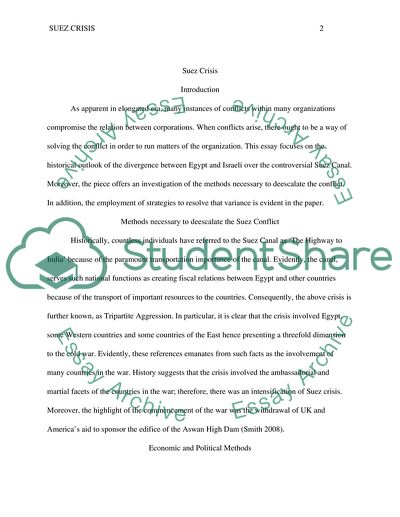Cite this document
(Suez Crisis Research Paper Example | Topics and Well Written Essays - 1750 words, n.d.)
Suez Crisis Research Paper Example | Topics and Well Written Essays - 1750 words. Retrieved from https://studentshare.org/history/1774935-the-egyptian-israeli-conflict-over-the-suez-crisis
Suez Crisis Research Paper Example | Topics and Well Written Essays - 1750 words. Retrieved from https://studentshare.org/history/1774935-the-egyptian-israeli-conflict-over-the-suez-crisis
(Suez Crisis Research Paper Example | Topics and Well Written Essays - 1750 Words)
Suez Crisis Research Paper Example | Topics and Well Written Essays - 1750 Words. https://studentshare.org/history/1774935-the-egyptian-israeli-conflict-over-the-suez-crisis.
Suez Crisis Research Paper Example | Topics and Well Written Essays - 1750 Words. https://studentshare.org/history/1774935-the-egyptian-israeli-conflict-over-the-suez-crisis.
“Suez Crisis Research Paper Example | Topics and Well Written Essays - 1750 Words”, n.d. https://studentshare.org/history/1774935-the-egyptian-israeli-conflict-over-the-suez-crisis.


